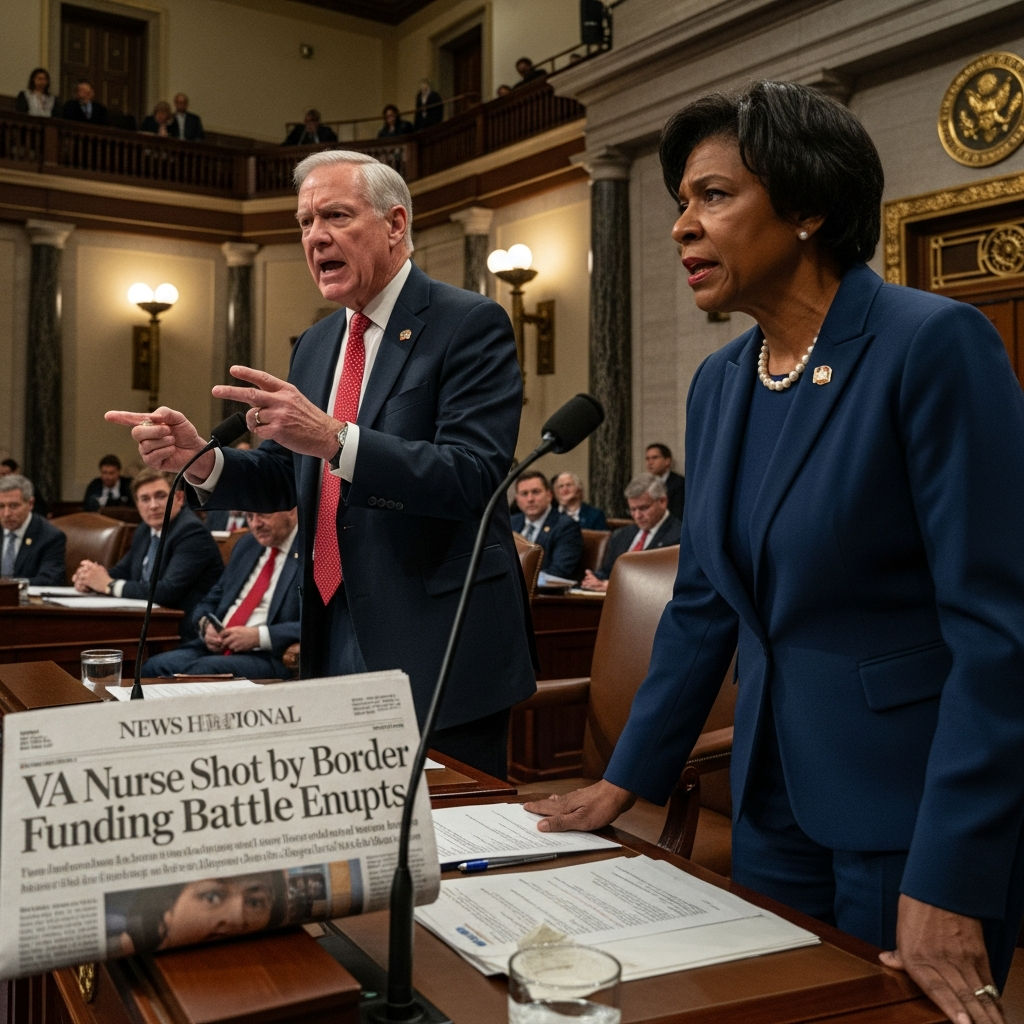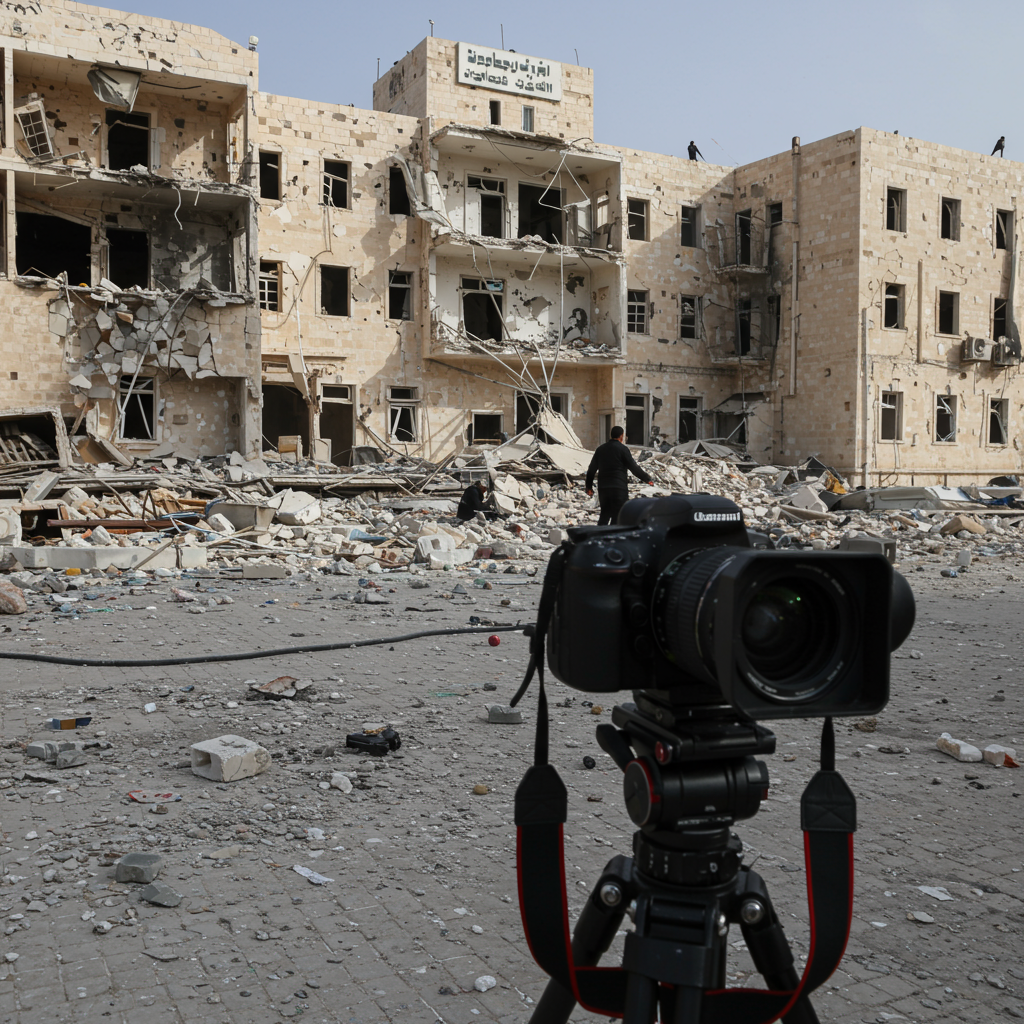In a pivotal moment for global security, Ukrainian President Volodymyr Zelensky has vehemently rejected any notion of surrendering Ukrainian territory to Russia. This resolute declaration comes amidst escalating diplomatic maneuvers, including a highly anticipated summit between US President Donald Trump and Russian President Vladimir Putin in Alaska. Zelensky’s stance underscores a deep-seated commitment to Ukraine’s constitutional integrity and a firm refusal to legitimize Russia’s territorial gains. This article delves into the complex web of diplomatic efforts, contrasting positions, and the profound implications for the future of the conflict.
The core of the recent diplomatic tension revolves around US President Donald Trump’s proposals for a potential peace deal. Trump suggested that an end to the “barbaric war” could involve “territorial exchanges” or “swapping of territories” for the “betterment of both” nations. This idea, floated ahead of his August 15th meeting with Putin in Alaska, has ignited strong reactions. The meeting, the first between Trump and Putin since 2018, aims to address the protracted conflict that has claimed countless lives over three and a half years. Russia, for its part, consistently demands Ukraine recognize its sovereignty over several annexed regions, agree to demilitarization, and abandon NATO aspirations.
Ukraine’s Unwavering Position on Sovereignty
President Zelensky’s response has been unequivocal. In a video address, he declared that “Ukrainians will not gift their land to the occupier” and affirmed that Ukraine “will not give Russia any awards for what it has done.” He stressed that Ukraine’s territorial question is enshrined in its Constitution, making any relinquishment of land non-negotiable. Zelensky also critically warned that “any decisions that are without Ukraine are at the same time decisions against peace. They will not bring anything. These are dead decisions. They will never work.” This highlights Kyiv’s imperative to be directly involved in any peace negotiations concerning its future.
The sentiment among many ordinary Ukrainians mirrors their president’s resolve. Despite the exhaustion from constant fighting and aerial attacks, there is little willingness to accept peace at any price, especially if it means conceding land or being excluded from the decision-making process. Olga and Halyna from Kyiv vehemently opposed ceding territory, while Olesia Petrytska, a mother of a fallen soldier, expressed deep outrage at the idea of external powers deciding Ukraine’s fate. She stressed that no soldier would agree to surrender territory.
A Complex Diplomatic Landscape Unfolds
The upcoming Trump-Putin summit is not the only diplomatic effort underway. In a parallel track, the UK recently hosted a significant meeting of national security advisers at Chevening, near London. Co-hosted by US Vice President JD Vance and UK Foreign Secretary David Lammy, this gathering included key Ukrainian officials like Rustem Umerov and Andriy Yermak, alongside representatives from the EU, France, Germany, Italy, Finland, and NATO. This meeting, requested by the US, was deemed a “vital forum” for discussing progress towards a “just and lasting peace.” UK Prime Minister Keir Starmer and President Zelensky both agreed on its importance in advancing peace discussions.
European leaders have largely rallied behind Ukraine’s stance, emphasizing that Ukraine’s future cannot be decided without its people. French President Emmanuel Macron explicitly stated this on social media, echoing the sentiment of Finnish President Alexander Stubb and others. Zelensky has been actively engaging with these leaders to coordinate a unified European position, ensuring Europe’s voice is heard and preventing Russia from imposing “unrealistic conditions” or prolonging the war for territorial gains. While Trump’s rhetoric towards Russia has seen shifts, concrete actions following his pronouncements, such as a deadline for a ceasefire or new sanctions, have not always materialized. This raises concerns about the tangible outcomes of such high-level talks.
Expert Perspectives and Strategic Context
Analysts offer varied perspectives on the summit’s implications. Professor Stephen Hall, an expert in Russian politics, suggests the meeting grants Putin “legitimacy” on the world stage, signaling Russia is “no longer isolated” and is “needed by America.” Hall believes Putin may not genuinely desire a negotiated end to the war but rather seeks negotiations to enhance Russia’s global standing. Former Ukrainian Prime Minister Arseniy Yatsenyuk argued that Trump possesses sufficient leverage to extract concessions from Putin, demanding an unconditional ceasefire from Russia, while strongly cautioning against Ukraine conceding land, calling it “completely unconstitutional.”
Tatiana Stanovaya, a senior fellow at the Carnegie Russia Eurasia Center, described the current peace push as “the first more or less realistic attempt to stop the war.” However, she expressed “extreme scepticism about the implementation of the agreements” and warned that “the new commitments could be devastating for Ukraine.”
The choice of Alaska for the summit itself carries symbolic weight. Alaska Governor Mike Dunleavy highlighted the state’s role as “the most strategic location in the world,” with a mere two miles separating it from Russia. Russian aide Yuri Ushakov noted the logical convenience of flying over the Bering Strait. However, Nigel Gould-Davies, a senior fellow for Russia and Eurasia at the International Institute for Strategic Studies, provided a unique insight. He speculated that the location “naturally favours Russia” and that Putin could leverage the historical precedent of the 1867 Alaska Purchase (when Russia sold Alaska to the US) to argue that, just as Russia once ceded territory, Ukraine should now do the same. This highlights the complex layers of historical narrative at play.
Military Realities and Humanitarian Impact
Amidst these diplomatic discussions, the military situation remains active and grim. Russia recently claimed to have shot down 27 Ukrainian drones in various regions and announced control of Yablunivka village in Donetsk, indicative of their slow but steady advance in eastern Ukraine. Russia currently controls approximately 20% of Ukrainian territory. Furthermore, “massive” drone and missile attacks on Ukraine’s Kharkiv region and Dnipro continue, resulting in casualties and injuries. Conversely, Ukraine has also launched drone attacks, with a residential building in Rostov, Russia, being hit. The relentless fighting has caused immense exhaustion among Ukrainian soldiers and civilians alike, underlining the urgent desire for peace, but not at the expense of national sovereignty.
While the Trump-Putin meeting could be pivotal, there is no guarantee it will halt the fighting. The wide disparity in peace conditions between Moscow and Kyiv presents a formidable obstacle. Publicly, Ukraine maintains a rigid position against land concessions, though unnamed Ukrainian officials have privately indicated to some outlets that Kyiv might be amenable to a peace deal that would de facto acknowledge Ukraine’s inability to militarily regain lost territories. This potential internal divergence suggests a strategic complexity in Ukraine’s approach to the conflict’s resolution.
Frequently Asked Questions
What is President Zelensky’s core position on territorial concessions to Russia?
President Zelensky’s core position is an emphatic refusal to cede any Ukrainian territory to Russia. He consistently asserts that Ukraine’s constitutional integrity prohibits the relinquishment of land. He views any decisions or peace negotiations made without Ukraine’s direct involvement as “dead decisions” that will not achieve genuine peace, emphasizing that Ukrainians will not “gift their land to the occupier.”
Why is the Trump-Putin summit in Alaska contentious for Ukraine?
The upcoming Trump-Putin summit in Alaska is contentious for Ukraine primarily because it is planned without Ukraine’s direct representation. President Trump’s suggestion of “territorial exchanges” to end the war, coupled with the bilateral nature of the talks, raises concerns in Kyiv and among European allies that Ukraine’s future could be decided by external powers. The symbolic choice of Alaska, with its historical ties to Russia, also adds a layer of geopolitical sensitivity.
What are the key obstacles to a lasting peace in Ukraine based on recent discussions?
The primary obstacles to a lasting peace stem from the wide disparity in peace conditions between Moscow and Kyiv. Russia demands recognition of annexed Ukrainian regions, demilitarization, and an end to Ukraine’s NATO aspirations. In stark contrast, Ukraine insists on regaining all its territory and being directly involved in any peace negotiations. The fundamental disagreement over territorial integrity and the legitimacy of Russia’s occupation remains the most significant hurdle to a durable resolution.
In conclusion, the path to peace in Ukraine remains fraught with challenges, largely due to the fundamental disagreement over territorial integrity. President Zelensky’s unwavering stance against land concessions, backed by strong European support, stands in stark contrast to proposals for “territorial exchanges.” While diplomatic efforts intensify, the effectiveness of any peace initiative will ultimately hinge on Kyiv’s direct involvement and a resolution that upholds Ukraine’s sovereignty. The upcoming summit in Alaska will be a critical barometer of the international community’s capacity to navigate this complex and devastating conflict.



